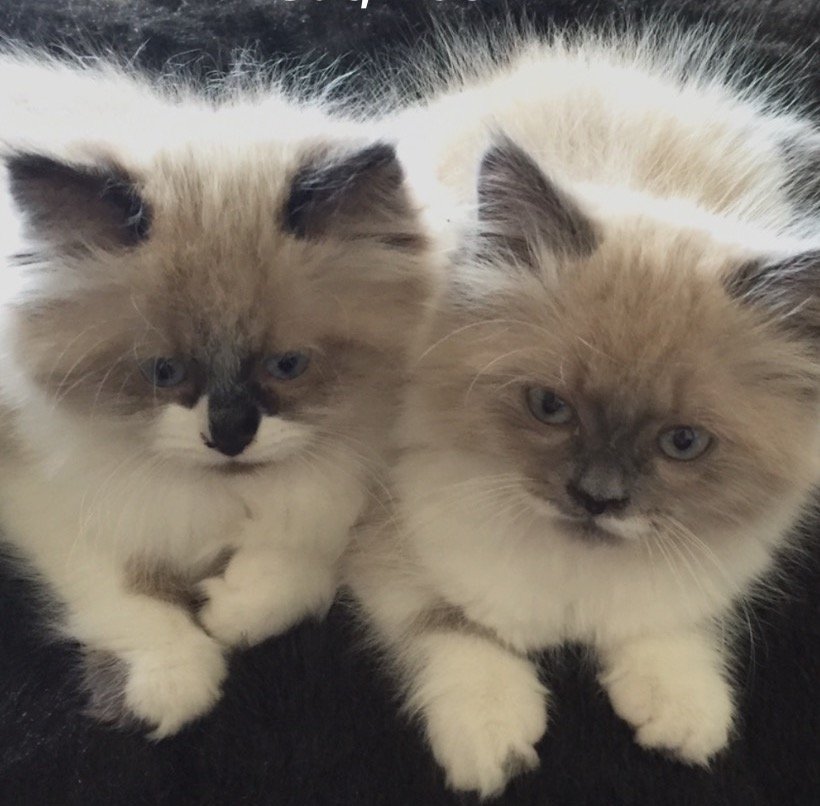When I moved to Cairo I realized that I needed a cat. Well, nobody needs a cat; but David traveled quite a bit and I thought it’d be nice to have a warm purring animal close by. Obtaining one wouldn’t be a big deal because they were everywhere. Feral cats lived in the streets and alleys. We had several living in the stairwell of the building. I could’ve grabbed a kitten from the garbage heap next door—I’d seen them crawling around over there. But David felt that they were probably diseased and wild (having never had a cat, he didn’t realize that a cat’s a cat no matter where it comes from) so he asked around and it turned out that someone at work knew someone who needed to find a home for their young cat, and that’s how we came to have Panache, a dainty year-old Siamese.
Panache was feeble and petite. She spent most of her time spread out on the pilot on the stove, perched on a transformer, or snoozing in the sun. She spent all her life seeking heat. Her meow was a feckless croak, and she had no personality or sense of fun. She never chased a string or showed an interest in a toy. She felt no affection and gave no affection. Cats have a reputation for being aloof and independent, but she was the most boring and inert cat I’d ever encountered.
We got transferred to Holland. Transporting an animal from a country like Egypt (open sewage, people in gallabiyahs hanging off buses) to a country like Holland (immaculate, organized, highly civilized) involved a lot of paperwork. Trips to administrative offices, health forms signed by a vet, and permits from both the Egyptian and Dutch bureaucracies—getting all that paperwork ready was a lot of bother. But when we landed in Amsterdam, nobody cared. When I urged the passport official to look at the folder holding her transport papers, he shook his head and gestured for me to move on. Security guards watched from posts throughout Schiphol and I poked my folder toward them, asking who I should see to get her cleared. Some ignored me and some waved me on. In the end, papers unexamined, we simply cruised out the entrance with Panache in her carrier, perched atop our cart full of luggage. I never got over feeling that she was there illegally.
Fast-forward. We had kids and got busy. Panache was always in the background, eating, sleeping, seeking warmth, and remaining, as always, a pitiful excuse for a cat.
We came to know a couple, Ann and Eric, at the Anglican church we attended in The Hague. Ann was a writer, so we had that in common; though while she wrote novels about God answering prayer and how faith’ll get you through, I was writing novels about quirky women doing quirky things. Her husband, Eric, was a jovial guy who outfitted commercial fishing boats. Also, they had two kids, as did we. Ann and I got together quite often. We bet on who’d get published first. She won.
To get the full effect of this story, you have to know about Ann. She was deeply kind, the sort who took soup to friends when they were ill and helped tottering gray women across the street. Always compassionate, always generous. And riding alongside the loving part of her soul was a robust sense of humor, though even when she was making a joke, she was unerringly careful with her words—a trait I respected because quite often the words that fly from my tongue are snide or inappropriate.
When Panache had been with me for seven years, she became sick. She quit eating and she was so weak that she was unable to jump up to her chair in the sun. She’d probably been sick and growing sicker for days and I hadn’t been paying attention. It was that busy time—a two-year-old and a four-year-old—and my cat got sick and I didn’t even notice. Burdened by guilt, I rushed her to the vet, who told me her kidneys were no longer functioning. He advised me to have her put down.
On Sunday when I went to church, I was still feeling miserable. During the social time after the service, the four of us came together for a chat as the kids ran circles around us. Expecting heartfelt sympathy from Ann, I told her that my cat had died.
“You could have her stuffed and nobody’d know the difference,” she said.
She immediately slapped her hand over her mouth, her wide eyes revealing horror at what she’d just said.
I was stunned. And so were Eric and David.
Then, recalling Panache’s bland lethargy, we all burst into laughter—and I knew I’d never again think about Panache without also thinking of Ann, her faux pas, and the shocked look on her face when she realized that an unpleasant truth had escaped so gracelessly from her usually guarded mouth. Too, I appreciate the irony that the cat who slept twenty-three hours a day and lacked a personality is responsible for such a hilarious moment.
This isn’t Panache. Panache wasn’t this healthy-looking. She was skinnier and her hair wasn’t this fluffy, but the coloring is right.










